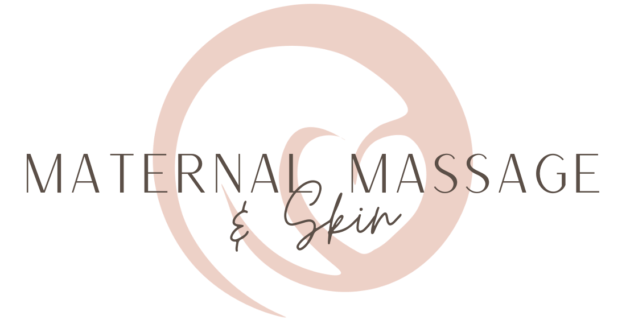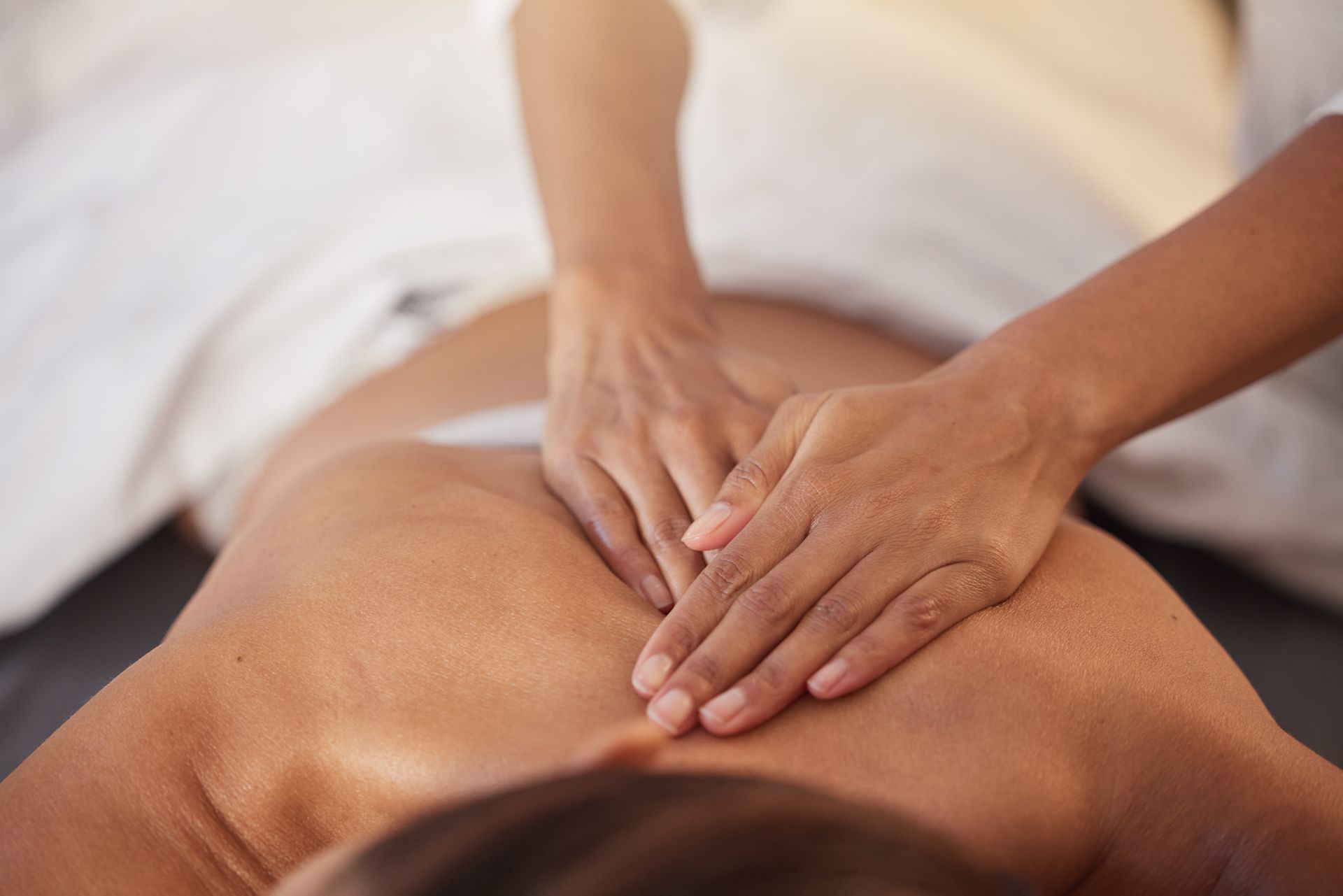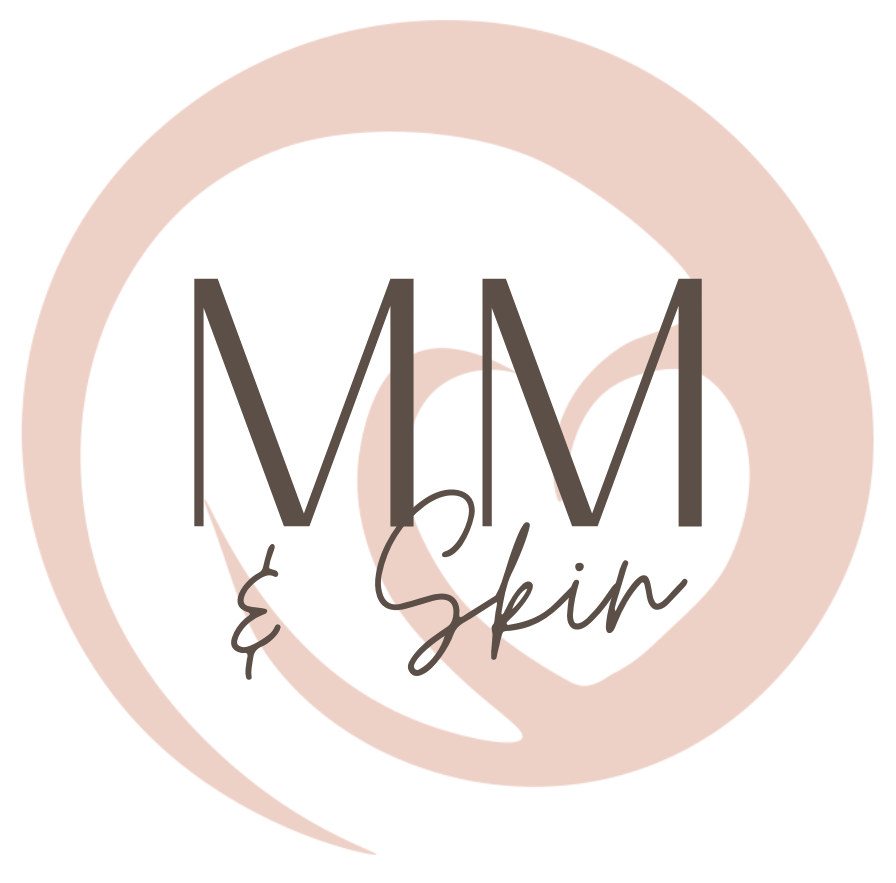Postpartum Massage
Postpartum Massage
The Benefits of Postpartum Massage: Supporting Your Recovery After Birth
Bringing a new life into the world is an incredible experience, but the postpartum period comes with its own set of physical and emotional challenges. After months of pregnancy and the intensity of labor, a mother’s body undergoes significant changes as it begins to heal. From muscle soreness to hormone fluctuations and emotional exhaustion, postpartum recovery is a crucial time for self-care.
Postpartum massage is a powerful tool that helps new mothers recover physically, balance hormones, and manage stress while promoting relaxation and emotional well-being. Whether you’ve just given birth or are weeks into your postpartum journey, massage therapy can provide much-needed relief and support as your body adjusts.
What Is Postpartum Massage?
Postpartum massage is a specialized form of therapeutic massage designed to support a mother’s recovery after childbirth. It focuses on relieving muscle tension, improving circulation, reducing swelling, and promoting overall relaxation. This type of massage can be beneficial whether you had a vaginal birth or a cesarean section, as it helps aid healing and restore balance in the body.
A trained postpartum massage therapist tailors each session to address your unique needs. The techniques used may include gentle strokes to encourage relaxation, deeper pressure to relieve tension, and lymphatic massage to reduce swelling and improve circulation. The session can also be adjusted depending on your comfort level, especially if you are breastfeeding, recovering from a C-section, or experiencing back and hip pain from carrying and feeding your baby.
Physical Benefits of Postpartum Massage
The postpartum period brings a variety of physical changes and challenges, including muscle soreness, fatigue, and fluid retention. Massage therapy provides targeted relief to help new mothers feel more comfortable as their bodies heal.
One of the biggest physical benefits of postpartum massage is muscle recovery. Pregnancy and childbirth put immense strain on the body, particularly the back, hips, shoulders, and abdomen. Whether from labor, breastfeeding posture, or carrying a newborn, many new moms experience tightness and discomfort. Postpartum massage helps relieve tension, improve mobility, and support muscle healing.
Swelling and circulation issues are also common after childbirth due to fluid retention and hormonal shifts. Postpartum massage encourages lymphatic drainage, which helps reduce swelling in the legs, ankles, and hands, promoting better circulation and reducing discomfort.
For those recovering from a C-section, postpartum massage can aid in scar tissue healing and improve circulation around the incision site. While direct massage over the scar is avoided until the area has healed, gentle techniques around the abdomen and lower back can support the healing process and reduce post-surgical discomfort.
Postpartum massage also helps regulate hormones. After birth, estrogen and progesterone levels drop significantly, which can contribute to mood swings, fatigue, and physical discomfort. Massage stimulates the production of oxytocin, serotonin, and dopamine—hormones that promote relaxation, improve mood, and help new mothers feel more emotionally balanced.
Emotional & Mental Health Benefits
The postpartum period is not only physically demanding but also emotionally intense. Many new mothers experience stress, anxiety, and postpartum blues as they adjust to life with a newborn. Massage therapy provides a natural way to support emotional well-being and promote relaxation.
One of the key emotional benefits of postpartum massage is stress relief. The combination of physical recovery, sleepless nights, and adjusting to new routines can be overwhelming. Massage helps lower cortisol, the stress hormone, while increasing feel-good hormones, creating a sense of calm and relaxation.
Postpartum massage may also help reduce the risk of postpartum depression. Studies suggest that massage can have a positive impact on mental health by improving mood stability, decreasing anxiety, and promoting a sense of well-being. By providing a dedicated time for self-care and relaxation, massage therapy offers emotional support during a time when many mothers feel exhausted and overwhelmed.
Another important benefit of postpartum massage is improved sleep quality. Sleep deprivation is a common struggle for new parents, and massage therapy helps the body enter a more relaxed state, making it easier to rest and recover even in short sleep intervals.
When Can You Start Postpartum Massage?
Many new mothers can begin receiving postpartum massage as early as five days after giving birth, depending on their comfort and recovery progress. However, if you had a C-section or any complications, it’s best to consult your doctor before scheduling a session.
In the early postpartum days, gentle massage techniques can provide relief without putting too much strain on the body. As recovery progresses, deeper techniques may be used to target muscle tension and promote healing.
How Often Should You Get a Postpartum Massage?
The frequency of postpartum massage depends on your personal needs and recovery goals. In the first few weeks after birth, weekly or biweekly sessions can be highly beneficial for pain relief, hormone regulation, and stress reduction. As you continue healing, monthly sessions can help maintain relaxation and provide ongoing support for your well-being.
Regular postpartum massage can also help with long-term recovery. Many new mothers experience lingering back pain, hip tightness, and muscle imbalances from months of carrying and feeding their baby. Ongoing massage therapy can provide relief and support the body’s natural healing process.
Experience the Benefits of Postpartum Massage at Maternal Massage
At Maternal Massage, we specialize in safe, effective postpartum massage designed to support new mothers through their recovery journey. Our experienced therapists use specialized techniques to relieve muscle tension, improve circulation, and promote overall well-being in a relaxing and nurturing environment.
Whether you’re looking to ease pain, reduce stress, or simply take a moment for yourself, postpartum massage is an essential part of self-care after childbirth. Experience the benefits for yourself and prioritize your healing and well-being. Your body deserves it.


